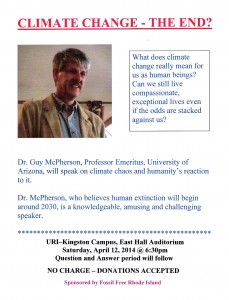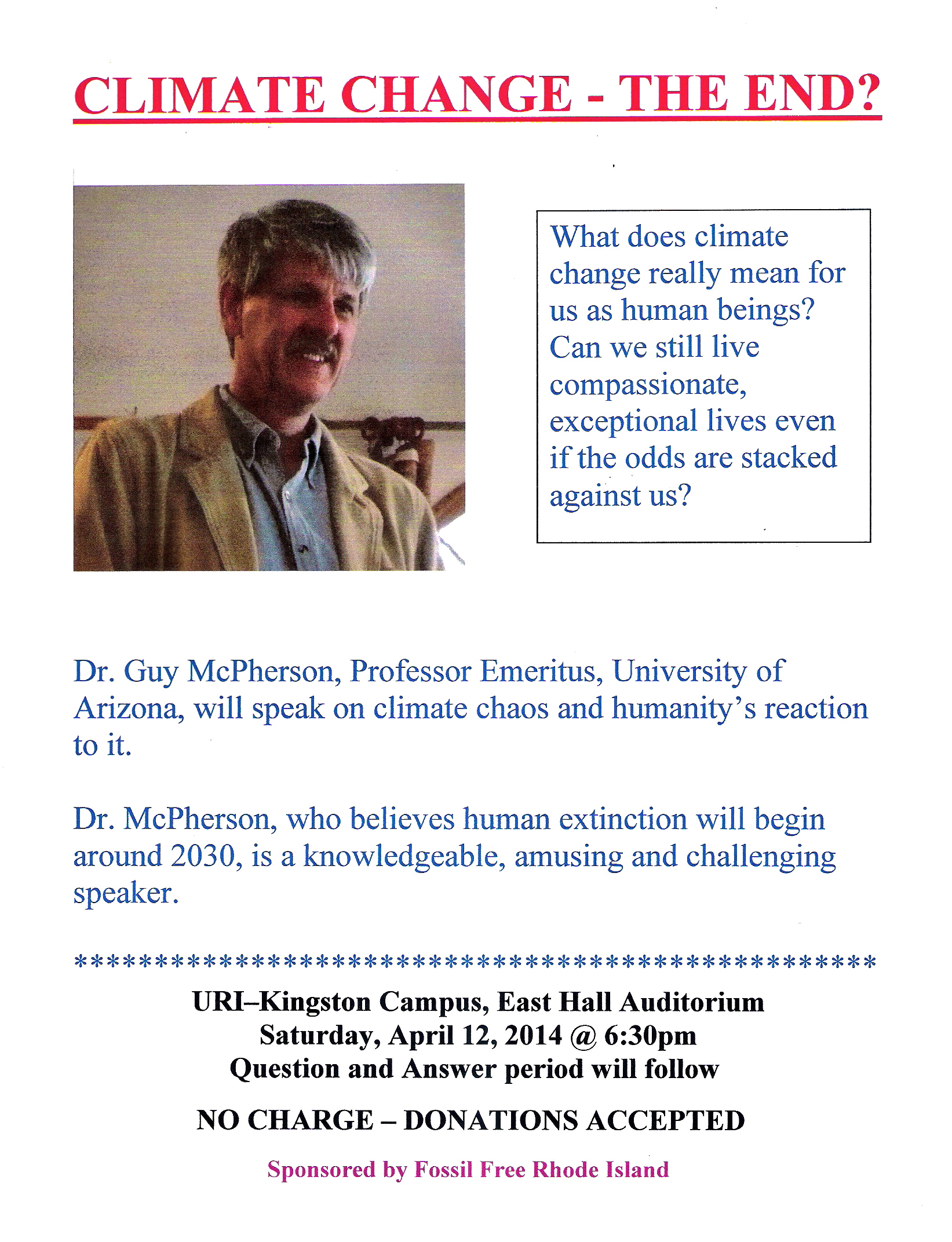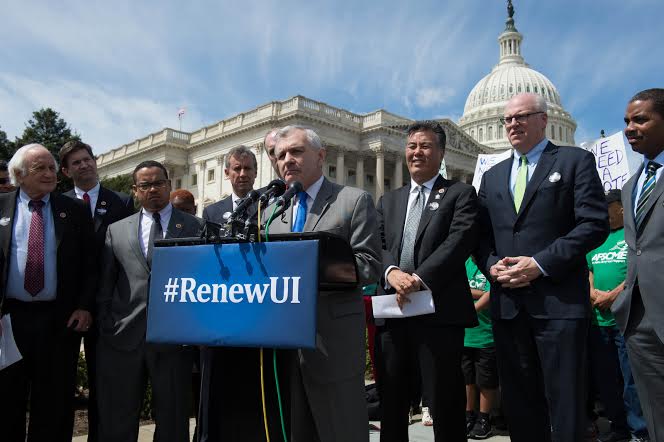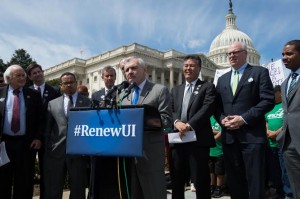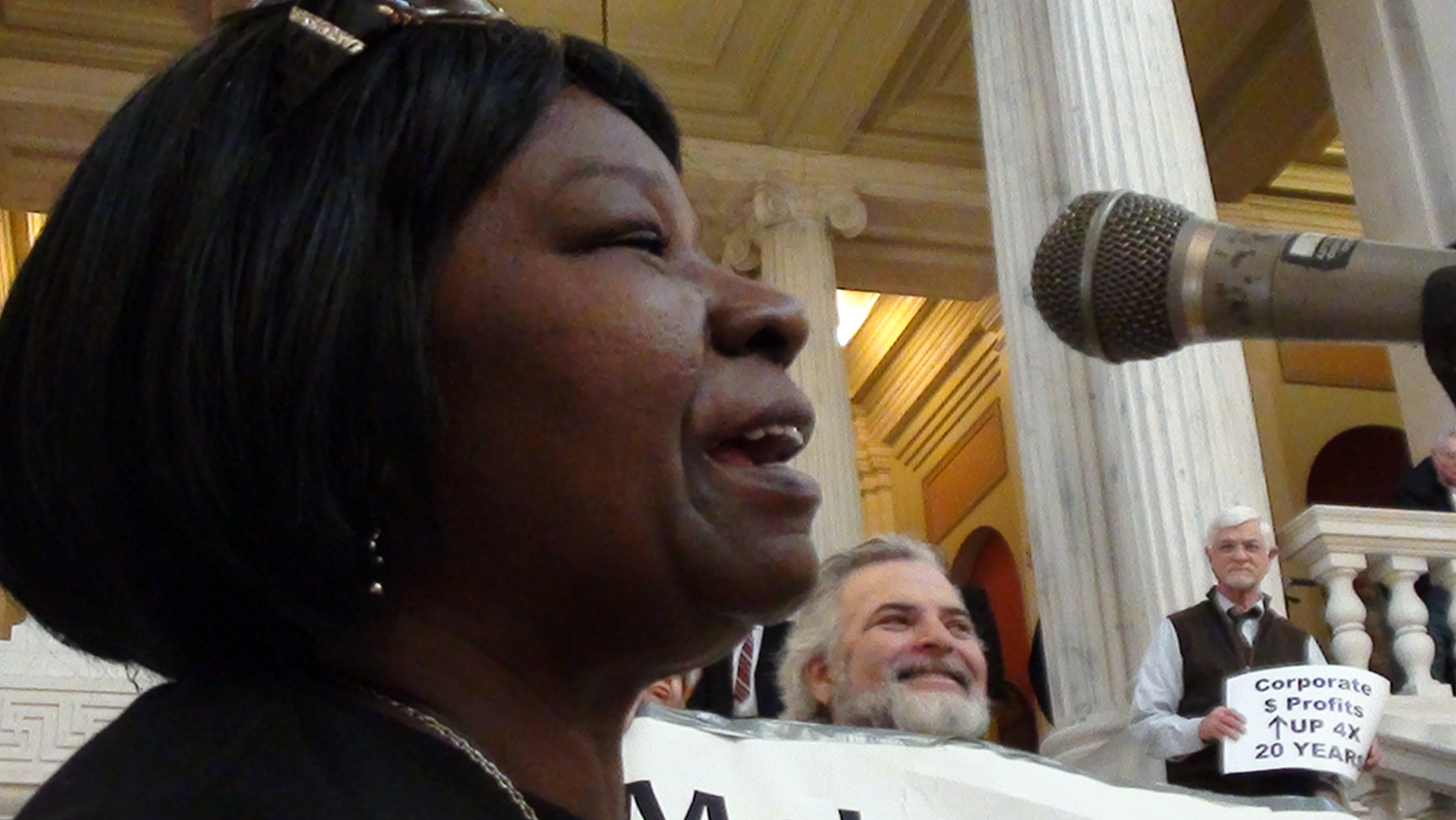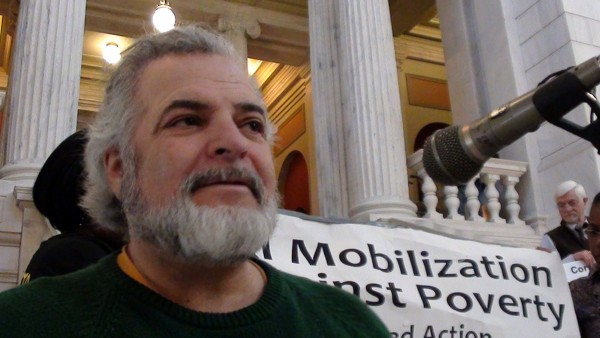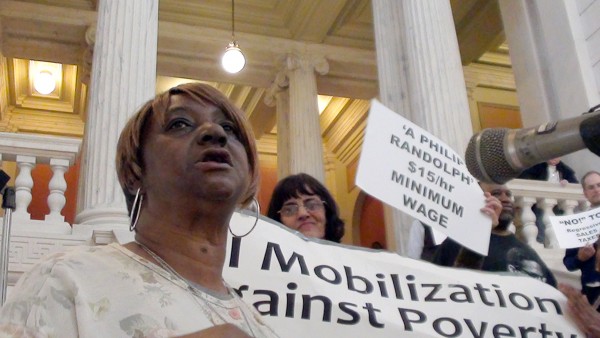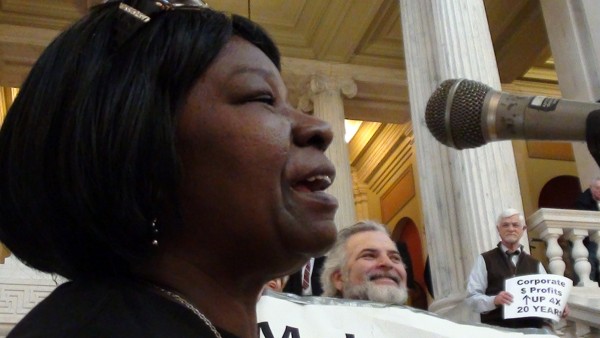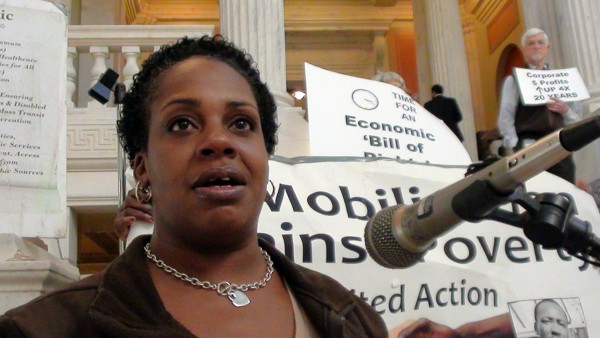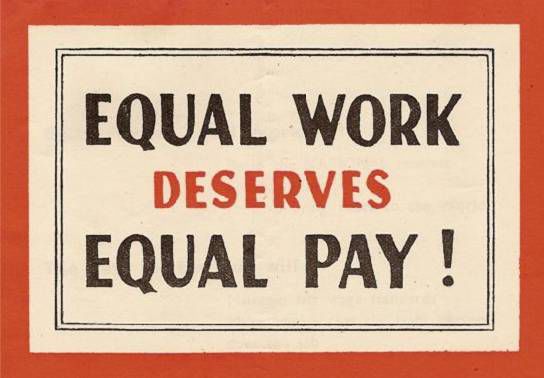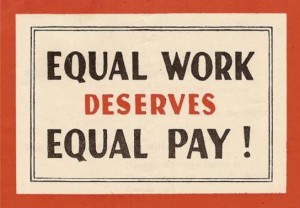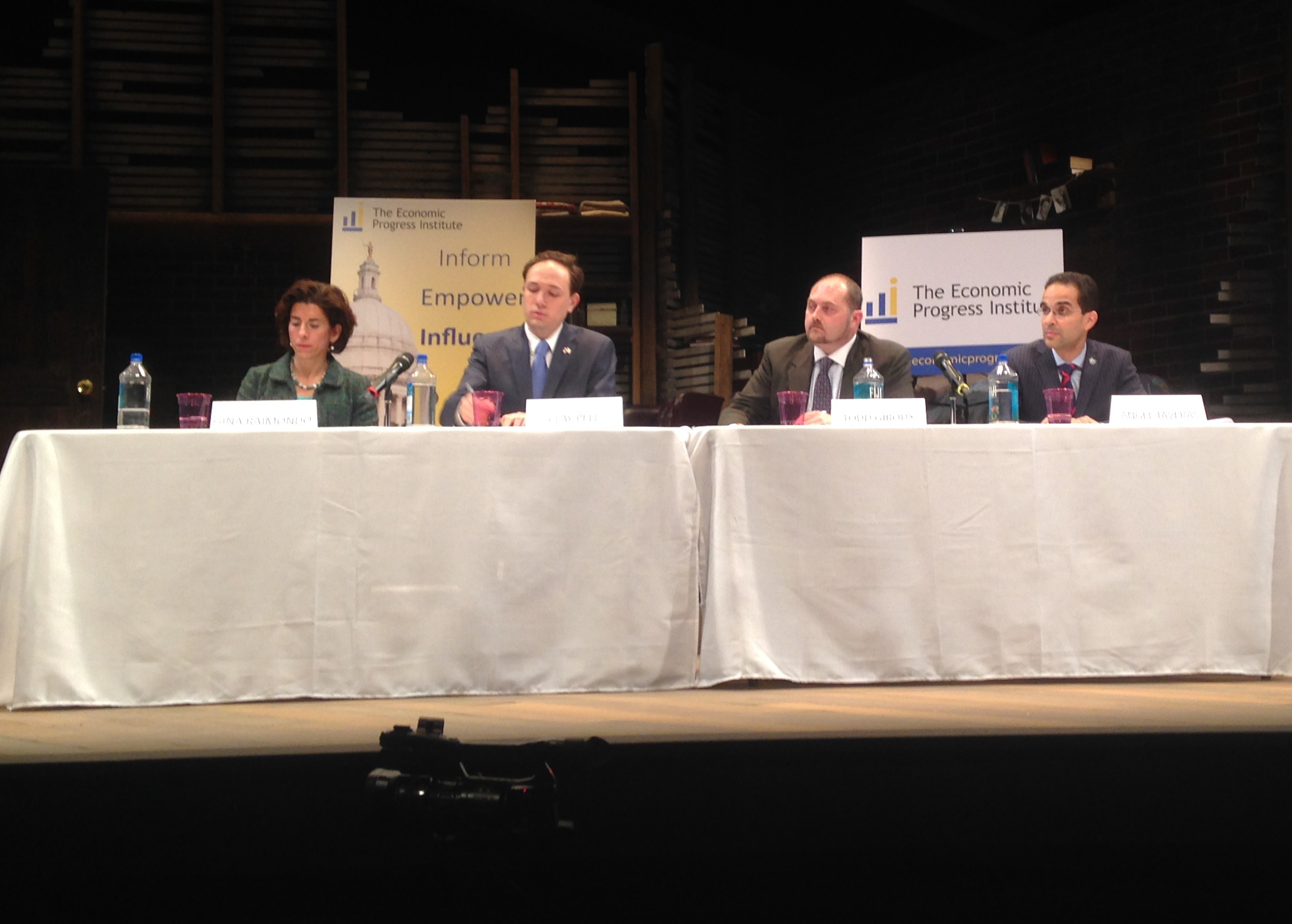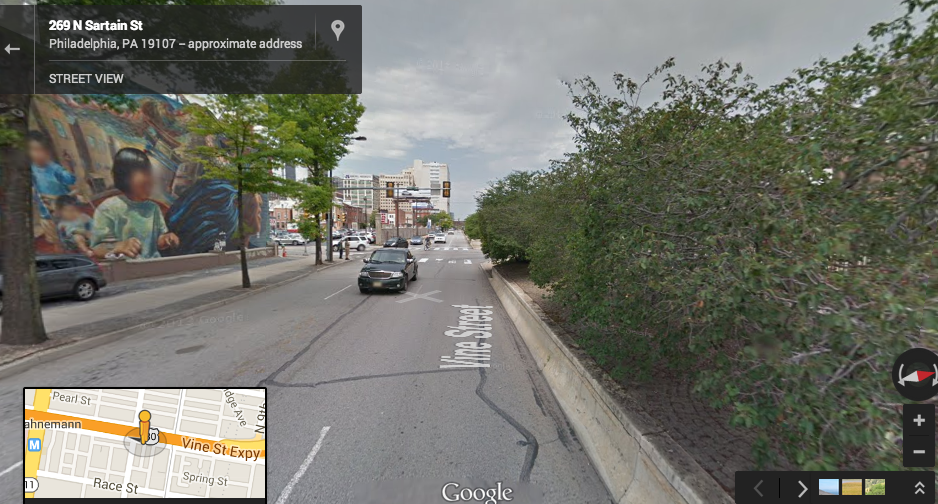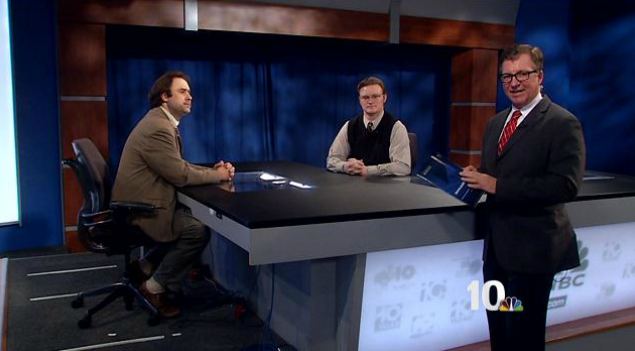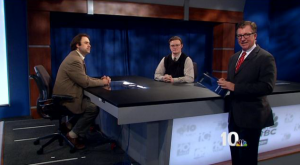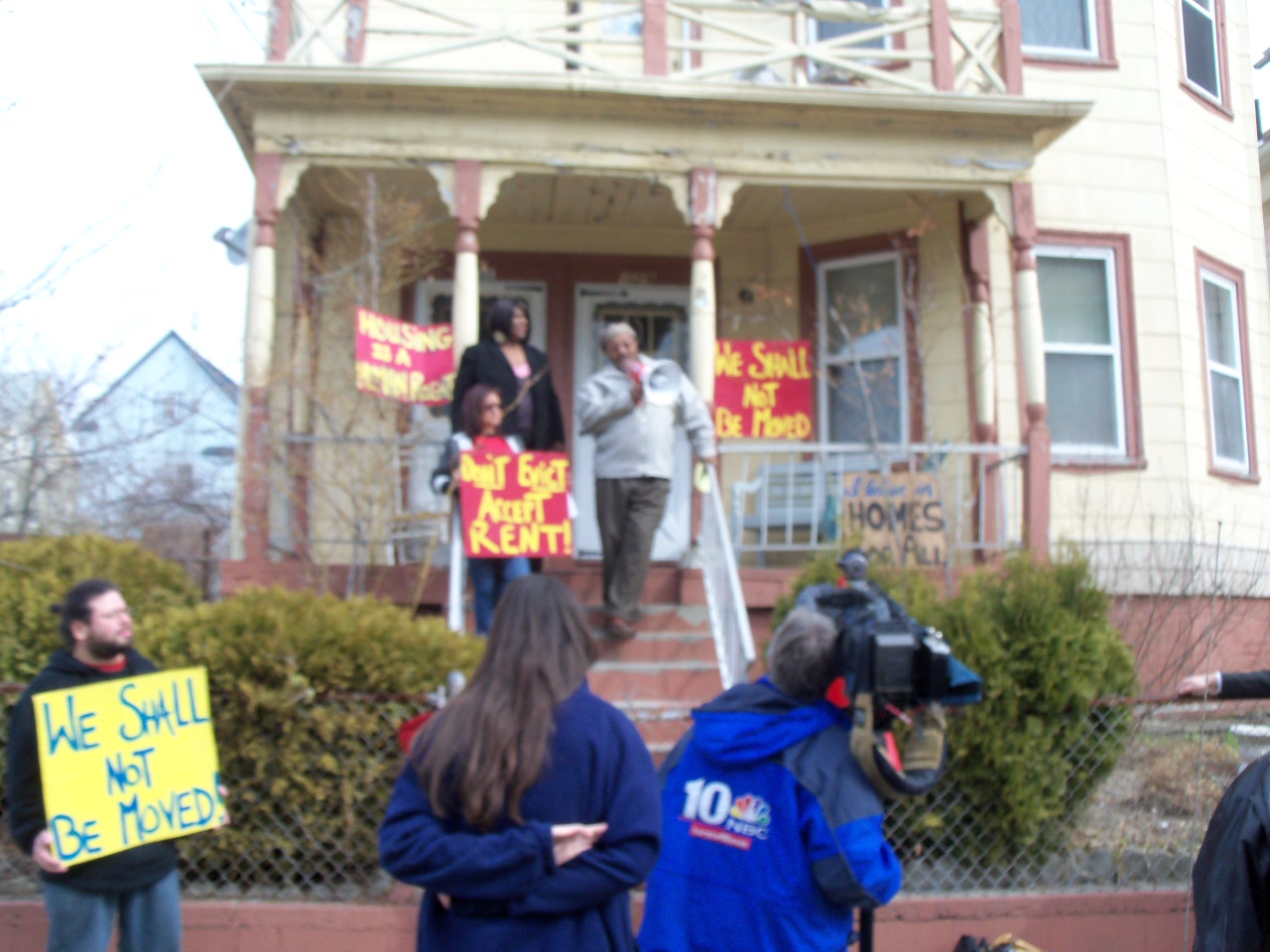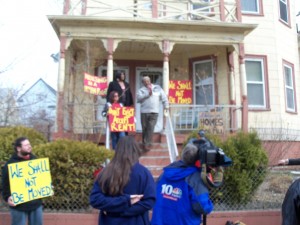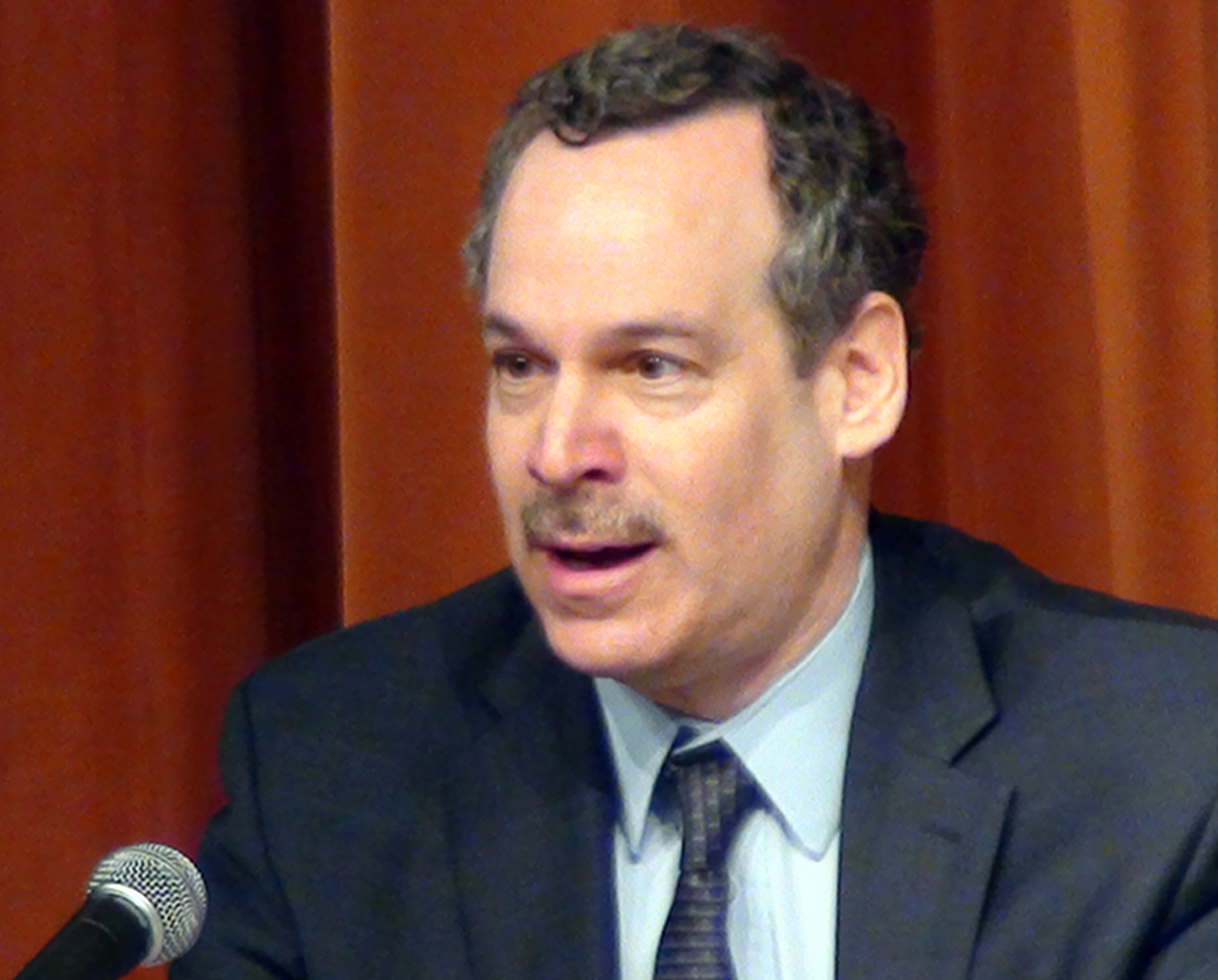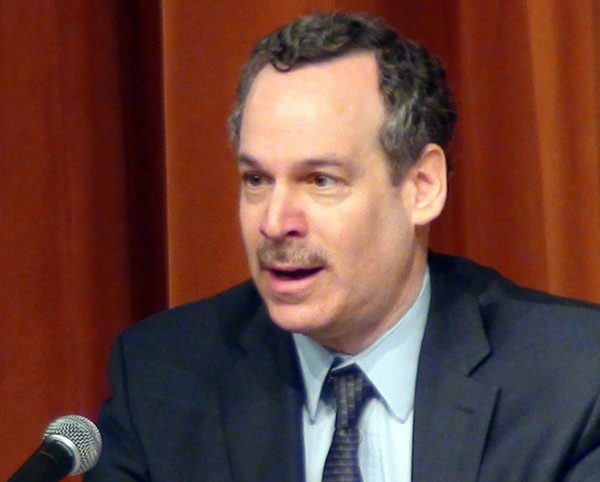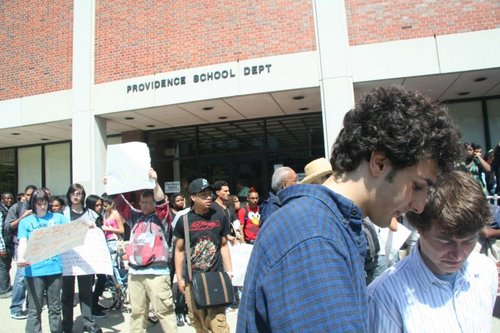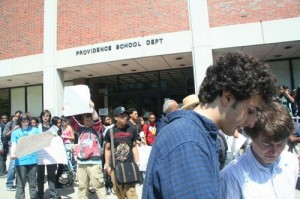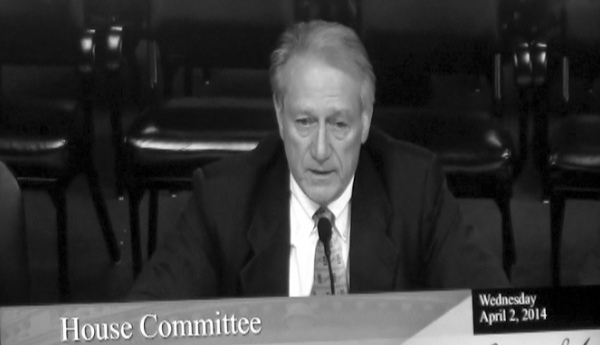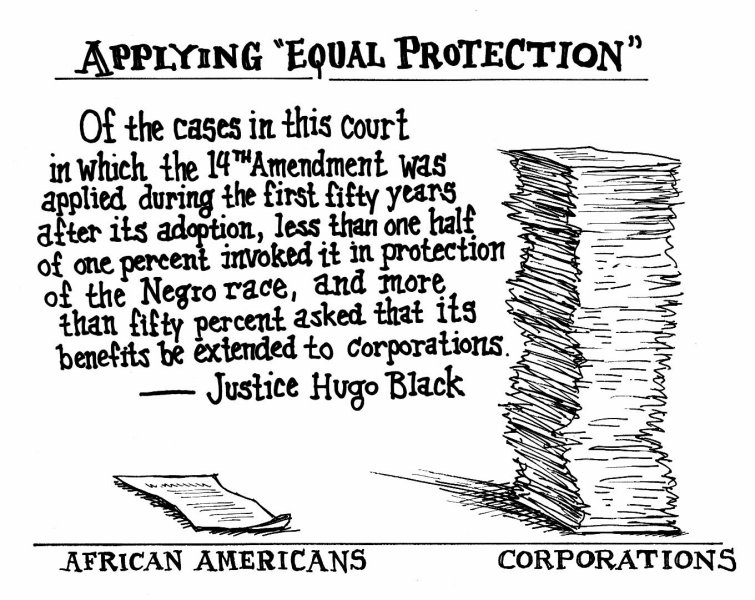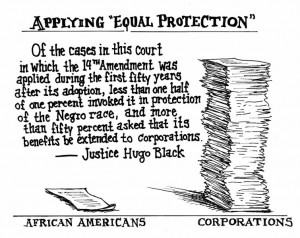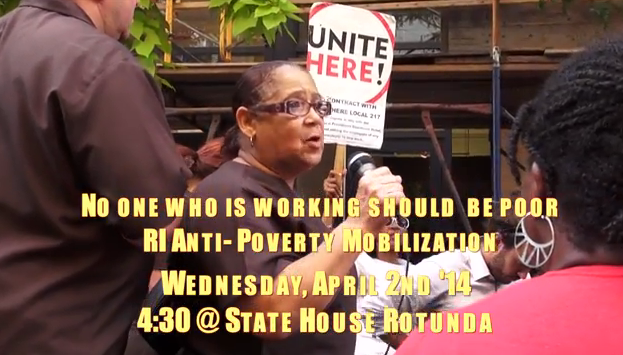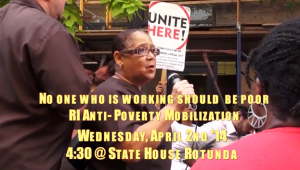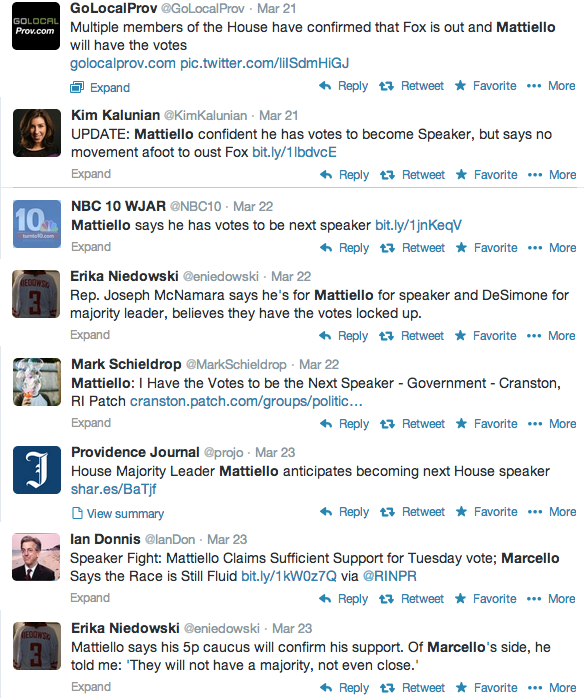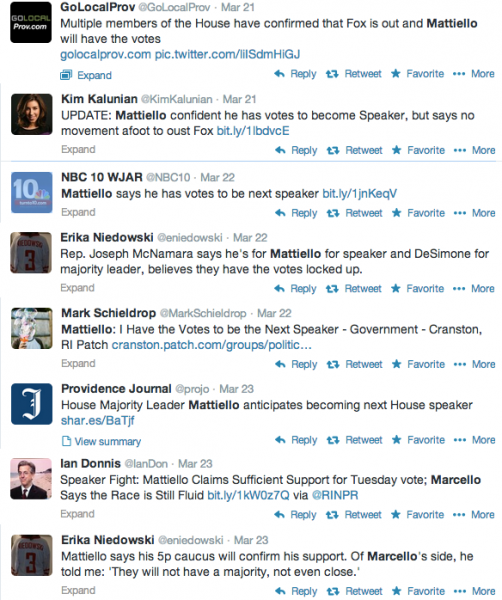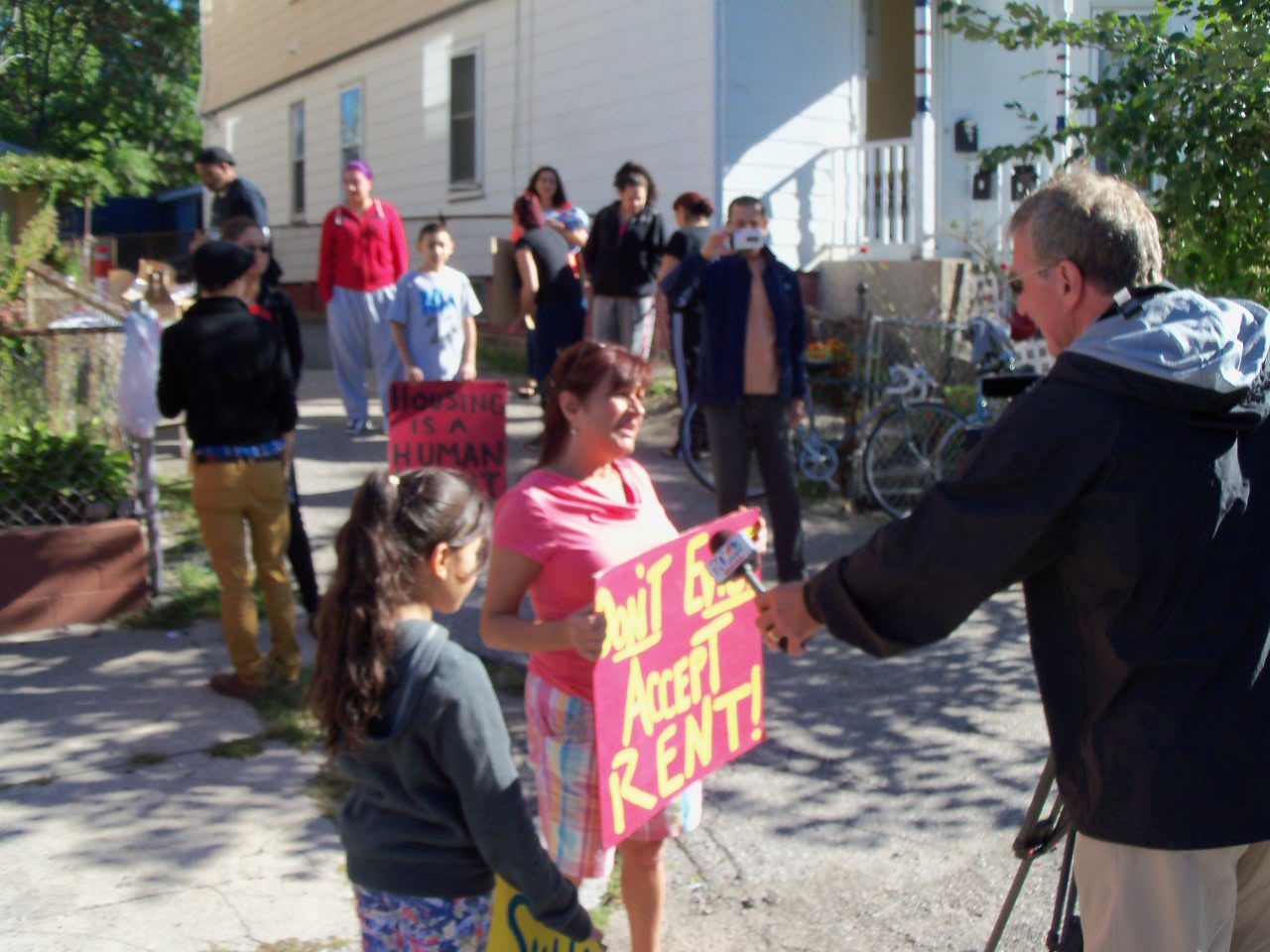
There was a fun online graphic survey at the New York Times a while ago which asked a series of questions and then placed participants on a map, showing the exact city or cities whence they came (my partner Rachel’s friend from college, for instance, had grown up in Texas and moved to North Jersey in elementary school, and the survey was able to pinpoint both that he was a New Yorker and that he had grown up in the Lone Star State based on different aspects of his speech. Rachel was placed appropriately between Wuhstahh and Prahhvidince as a native of Central Mass with a dad from Central Falls, while my Philly patois must have come through to the NY Times, because it placed me there).
Transportation figures heavily into our dialects. For instance, I grew up saying “traffic circle” but people around the country call those things rotaries, traffic circuses, roundabouts, and all manner of other things. My favorite transportation-related question from the survey was the one that asked you what you call the stretch of road that’s next to a highway, for the purpose of entering the highway. While New England calls these things “service roads”, Philadelphia doesn’t have a term at all. It’s not that we don’t have them, it’s just that they’re not named.
As you may know, RIDOT is planning an expansion of I-95 to help motorists bypass directly to 146 past the traffic that collects around the mall. The whole project, which stretches only a mile, will cost a projected $46 Million, which in context is more than the whole repaving bond amounted to for Providence. There are a whole lot of reasons why this project doesn’t make sense, and I’m in the process of writing more on that question. Right now I want to back off of the project itself and focus on a bigger-picture question, which is how the idea of a “service road” influences our chances of fighting for a more livable Providence.
The Vine Street Expressway in Philadelphia strikes me as a good example to visit for contrast.
For much of its eastern length since the Rizzo days, Vine Street is essentially the “service road” on either side of its expressway namesake. It’s not a great place to walk or bike, and the expressway creates a rough boundary between Center City and North Philly which especially around Chinatown has resulted in dilapidation and squalor. If you asked a Philadelphian what they would call this part of Vine Street though, my tongue-in-cheek guess is they’d say “It’s the part of Vine Street that Frank Rizzo fucked up” rather than having a term like “Service Road 8” for it.
What does Vine Street have that differs it from a service road?

Note here:
- Sidewalks
- Parking Lanes (you can’t see them here, but go on google and scroll around, you’ll see there are parked cars). This brings Vine Street to an unusually wide two lanes of traffic in each direction–rather expansive in Center City Philadelphia terms, but modest compared to the three lanes of speedway next to the West Side and Downcity Providence.
- A bicyclist (way in the back)
- Of course someone from South Philly has wandered away from Broad Street to park their car on the sidewalk
- Trees (and even some large ones, which would perhaps be seen as immobile hazards for cars by some highly-trained traffic engineer). And the trees are on both sides, creating a sound buffer to the highway
- Murals that don’t look like they were commissioned to fifth graders
- There are traffic signals at every block, and as far as my visual investigation of the Google Streetview and my memory of living in Philly can tell, there are no “beg buttons” on the walk signals.
- There are even trolley tracks (unused, but with a bus route that might go back to trolley someday) at the next intersection.
- The lanes do not appear to me to be 12′ wide, as on Service Road 7, suggesting that perhaps cars are expected to act like they’re in a neighborhood until after they get on the highway.
This, friends, is a street. Not a great street–I’d like to reemphasize that this is a rough area with a lot wrong with it, and not someplace that you’d want to replicate by any means. But this is a street nonetheless.
The service road, on the other hand, will sometimes attain the name of some obscure local municipal or sports figure as a means of trying to tidy itself up, but will mostly be known by a number. And truly, the number tells you what it is much more honestly than the name of the celebrity could. When I first encountered Service Road 7, I assumed it was kind of like Vine Street–not a great place to bike, for sure, not a great place to be a pedestrian, but a street of sorts that someone like me–a person in the 1% of cyclists who are willing to bike in most any conditions–could use. Whoa! Was I wrong! Service Road 7 is a stroad (video explaining term).
The term “service road” is not destiny. We are not required to think in the way the word suggests we think. But having a word like service road does oblige us to think of certain distinctions that might remain unstated and below the surface in a place without the term. This is kind of how a German, with the feminine word for bridge, eine Brücke, will often use a feminine voice when asked by a researcher to anthropomorphize the feature, while a Spanish-speaker, saying el puente–masculine–will use a male voice to personify the crossing (does this affect how Germans or Spaniards build bridges? Researchers still don’t know, but that’s a crazy thought, isn’t it?). It’s not that these speakers can’t understand that bridges are in fact objects without set gender identities. But the first thing they think of when they use the word is the gender they’ve been taught to assign to these objects.
Mayor Rizzo (video), who helped push through the Vine Street Expressway, was an old school boss mayor (video) like Richard Daley of Chicago, having come up as the chief of police in a repressive city in spasms of racism and injustice. Rizzo would make Buddy Cianci look like a paper tiger. The Toronto Sun recently cited Rizzo in order to give a favorable comparison to their coke-addled leader,Rob Ford, saying:
Then there was Frank Rizzo, mayor of Philadelphia in the 1970s, an autocratic leader accused by the city’s blacks of discriminating against them, who, in his 1975 re-election campaign infamously told a reporter: ‘Just wait, after November you’ll have a front row seat, because I’m going to make Attila the Hun look like a faggot.’
So let’s not make Ford a bigger deal than he is — a failed, largely powerless mayor who deserves to be soundly defeated in next year’s election.
Ah, I feel proud. There’s someone more embarrassing than Rob Ford.
The shadow of Rizzo’s time in office lays over Philadelphia in ways that are much deeper than this highway. Yet Rizzo got push back by the community around the Vine Street Expressway that helped shape the project. One major community success was that Vine Street got an expressway and South Street did not, saving things like the Magic Garden, which otherwise would have gotten the bulldozer. The Wikipedia article on the Vine Street Expressway notes several other changes due to environmental, historic, and neighborhood concerns which required changing the route, reducing the scope of the project, and adding transit improvements alongside it. Though we all talk about hating the service roads in Providence, somehow I can’t see a successful campaign by a community to change the nature of a service road in the same way that I can see a campaign to push back about a street, because the term service road says that its purpose is only to move cars quickly, and nothing else. Can you see a successful campaign to put bike lanes on Service Road 7?
The service roads are a piece of Providence’s landscape that more than any others diminish it. We need to start to recognize them for what they are: temporary mistakes to be corrected, rather than natural features of the landscape to be built upon and expanded. The city I grew up around, I think I’ve adequately explained, was no place of soaring progressive vision. But sometimes, I suspect, our words affect the way that we envision even the worst of ideas. If the people of Philadelphia, Providence, or any city were approached with a discussion about expanding a piece of infrastructure that was part of a highway, they would naturally consider that proposal differently than if they were asked to bring a highway onto their front street. In a way, I suspect that having these service roads as a cognitive frame disarms us from objecting to their role in the landscape: they may suck for anyone not barreling out of the city in a car, but c’mon, that’s what they’re for. As much as I dislike Vine Street and the legacy of the mayor who messed it up, I have to recognize that there are some major things that are different about it than our New England service roads.
~~~~
